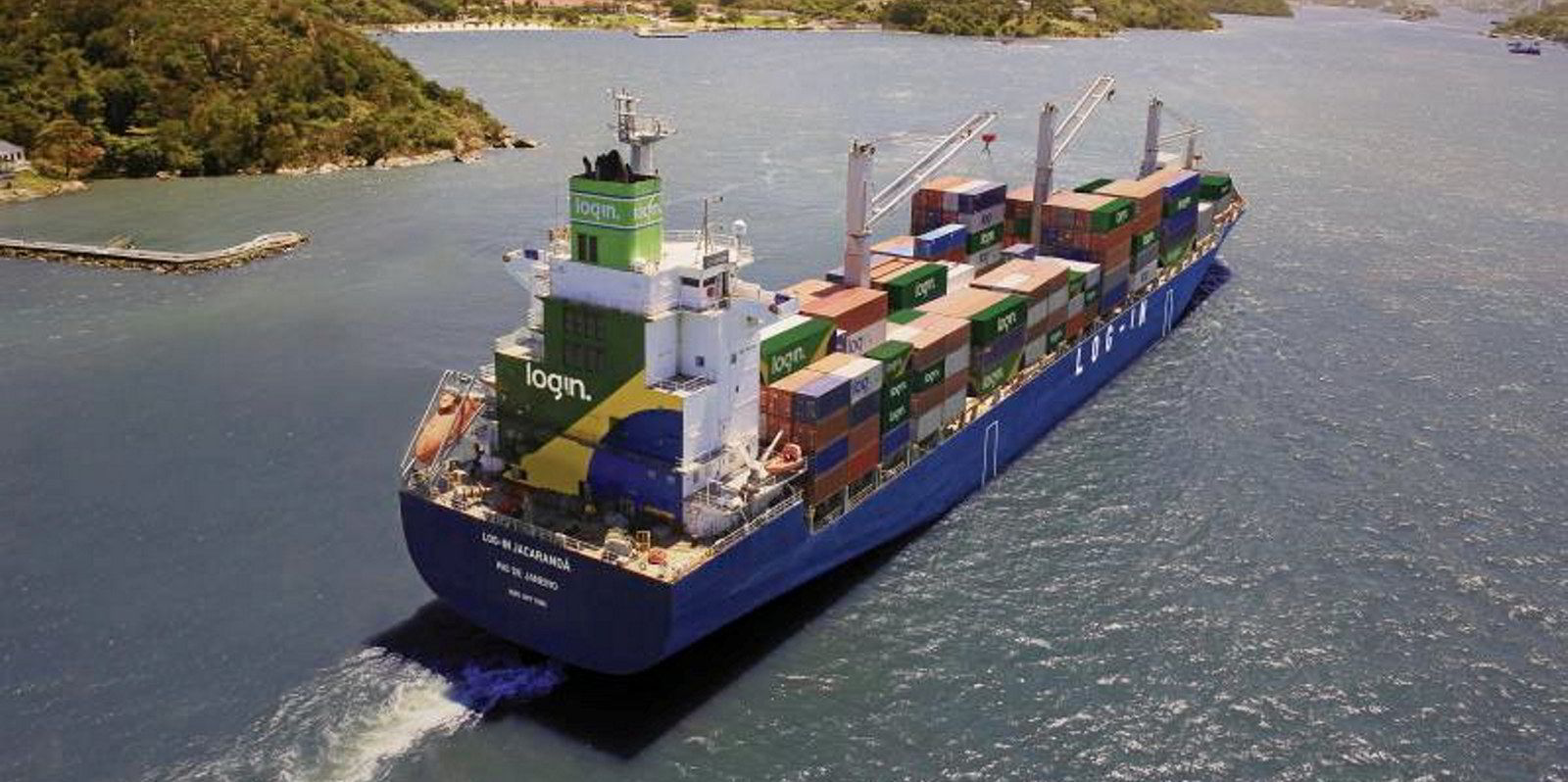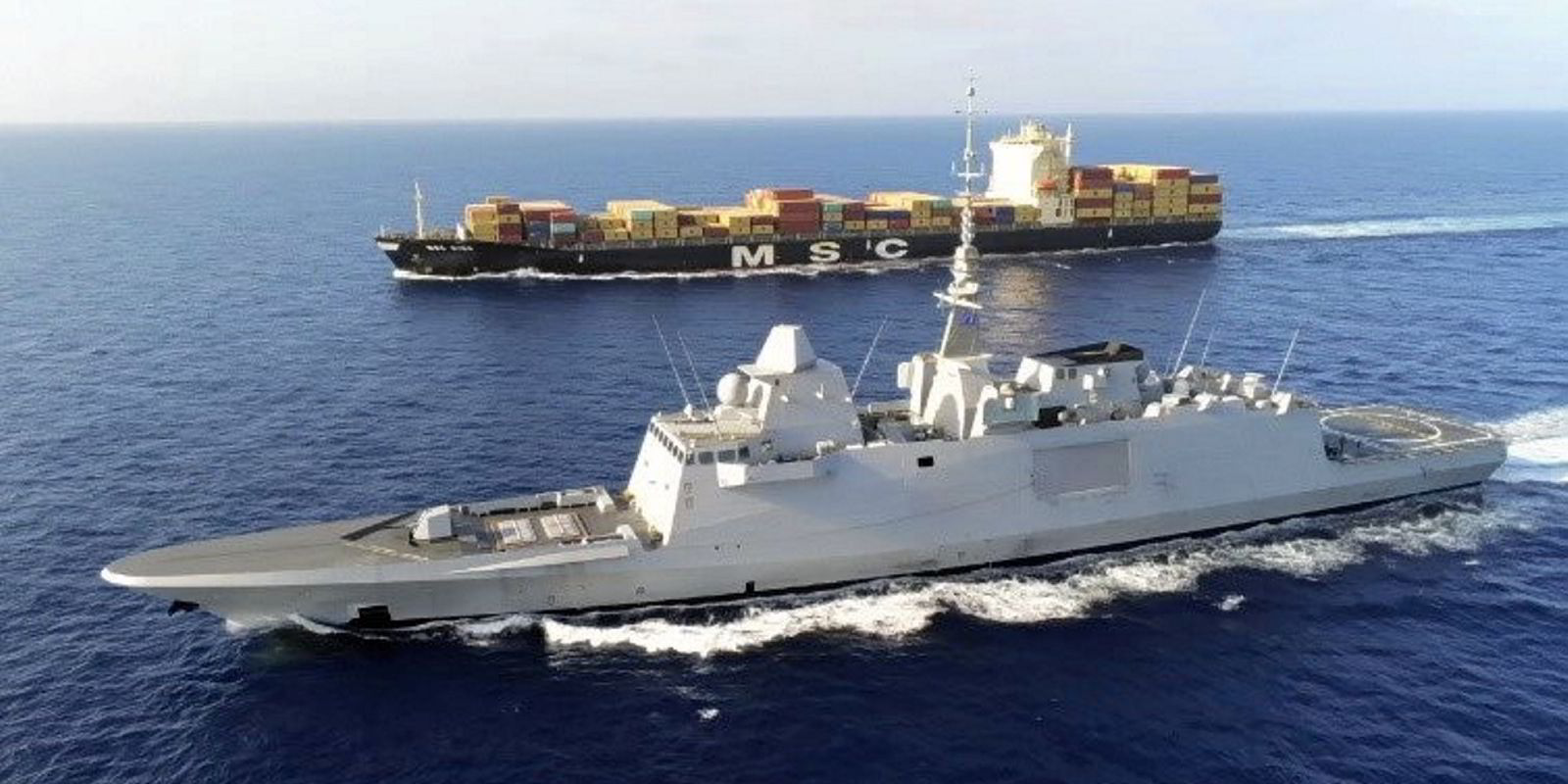Brazil’s Log-In Logistica Intermodal has reported its highest-ever first-quarter revenue as its shipping and terminal divisions started the year in record territory.
Three months earlier, the Rio de Janeiro company, which is controlled by Swiss giant MSC Mediterranean Shipping Company, delivered a similar record for a fourth quarter.
Log-In said on Thursday that it earned BRL 619m ($121m) in net operating revenue — a 10.7% improvement on the first three months of 2023.
However, the strong top-line result came with a 78.4% plunge in profit, which slumped to BNL 8.3m from BRL 38.4m a year earlier.
The drop was driven in part by a 28.5% surge in the cost of rendered services, which rose to BRL 457m from BRL 356m, even as operating expenses dipped 40.2% to BRL 39.8m.
Log-In’s coastal shipping division, which operates a fleet of container ships, delivered record net operating revenue of BRL 383m, up 16.3%.
That came on the back of record feeder volume of 94,700 teu, driven by increased contingency shipping requirements from international liner operators and new long-term contracts.
“Cabotage recorded the highest volume for a first quarter, 52,600 teu, resulting from the significant increase in the Company’s market share in the North of Brazil with the start of the Amazonas Express Service … at the end of [the second quarter of 2023], expanding the number of vessels and operating capacity,” Log-In said.
At Log-In’s flagship Vila Velha Terminal (TVV), net operating revenue was BRL 89.5m, the highest the port facility in Espirito Santo state has delivered in any first quarter.
The gains were fuelled by 56,300 teu in volume, also a record for the first three months of any year, highlighted by rising coffee exports.
“TVV had a record performance in the quarter in terms of container throughput and NOR [net operating revenue], due to a number of combined factors, such as the increase in coffee available for export, the increase in imports given the growth in demand for electric vehicles in the country and the increase in the operation of feeder vessels, due to the pent-up demand from international shipowners for the transport of their cargo in the country,” Log-In said.





